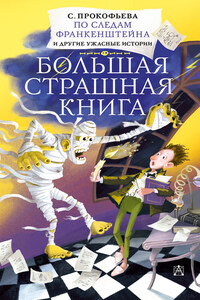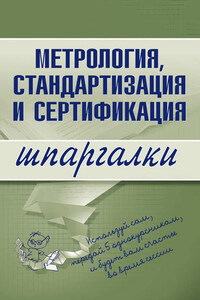The event on which this fiction is founded has been supposed by Dr. Darwin and some of the physiological writers of Germany, as not of impossible occurrence. I shall not be supposed as according the remotest degree of serious faith to such an imagination; yet, in assuming it as the basis of a work of fancy, I have not considered myself as merely weaving a series of supernatural terrors. The event on which the interest of the story depends is exempt from the disadvantages of a mere tale of spectres or enchantment. It was recommended by the novelty of the situations which it develops, and however impossible as a physical fact, affords a point of view to the imagination for the delineating of human passions more comprehensive and commanding than any which thee ordinary relations of existing events can yield.
I have thus endeavoured to preserve the truth of the elementary principles of human nature, while I have not scrupled to innovate upon their combinations. The Iliad, the tragic poetry of Greece, Shakespeare in the Tempest and Midsummer Night’s Dream, and most especially Milton in Paradise Lost conform to this rule; and the most humble novelist, who seeks to confer or receive amusement from his labours, may, without presumption, apply to prose fiction a license, or rather a rule, from the adoption of which so many exquisite combinations of human feeling have resulted in the highest specimens of poetry.
The circumstance on which my story rests was suggested in casual conversation. It was commenced partly as a source of amusement, and partly as an expedient for exercising any untried resources of mind. Other motives were mingled with these as the work proceeded. I am by no means indifferent to the manner in which whatever moral tendencies exist in the sentiments or characters it contains shall affect the reader; yet my chief concern in this respect has been limited to the avoiding the enervating effects of the novels of the present day, and to the exhibition of the amiableness of domestic affection, and the excellence of universal virtue. The opinions which naturally spring from the character and situation of the hero are by no means to be conceived as existing always in my own conviction; nor is any inference justly to be drawn from the following pages as prejudicing any philosophical doctrine of whatever kind.
It is a subject also of additional interest to the author that this story was begun in the majestic region where the scene is principally laid and in society which cannot cease to be regretted. I passed the summer of 1816 in the environs of Geneva. The season was cold and rainy, and in the evenings we crowded around a bluing wood fire and occasionally amused ourselves with some German stories of ghosts which happened to fall into our hands. These tales excited in us a playful desire of imitation. Two other friends (a tale from the pen of one of whom would be far more acceptable to the public than anything I can ever hope to produce) and myself agreed to write each a story founded on some supernatural occurrence.
The weather, however, suddenly became serene; and my two friends left me on a journey among the Alps and lost, in the magnificent scenes which they present, all memory of their ghostly visions. The following tale is the only one which has been completed.
To Mrs. Saville, England
St. Petersburgh, Dec. 11th, 17 —
You will rejoice to hear that no disaster has accompanied the commencement of an enterprise which you have regarded with such evil forebodings. I arrived here yesterday, and my first task is to assure my dear sister of my welfare and increasing confidence in the success of my undertaking.
I am already far north of London, and as I walk in the streets of Petersburgh, I feel a cold northern breeze play upon my cheeks, which braces my nerves and fills me with delight. Do you understand this feeling? This breeze, which has travelled from the regions towards which I am advancing, gives me a foretaste of those icy climes. Inspirited by this wind of promise, my daydreams become more fervent and vivid. I try in vain[1] to be persuaded that the pole is the seat of frost and desolation; it ever presents itself to my imagination as the region of beauty and delight. There, Margaret, the sun is forever visible, its broad disk just skirting the horizon and diffusing a perpetual splendour. There – for with your leave, my sister, I will put some trust in preceding navigators – there snow and frost are banished; and, sailing over a calm sea, we may be wafted to a land surpassing in wonders and in beauty every region hitherto discovered on the habitable globe. Its productions and features may be without example, as the phenomena of the heavenly bodies undoubtedly are in those undiscovered solitudes. What may not be expected in a country of eternal light? I may there discover the wondrous power which attracts the needle and may regulate a thousand celestial observations that require only this voyage to render their seeming eccentricities consistent forever. I shall satiate my ardent curiosity with the sight of a part of the world never before visited, and may tread a land never before imprinted by the foot of man. These are my enticements, and they are sufficient to conquer all fear of danger or death and to induce me to commence this laborious voyage with the joy a child feels when he embarks in a little boat, with his holiday mates, on an expedition of discovery up his native river. But supposing all these conjectures to be false, you cannot contest the inestimable benefit which I shall confer on all mankind, to the last generation, by discovering a passage near the pole to those countries, to reach which at present so many months are requisite; or by ascertaining the secret of the magnet, which, if at all possible, can only be effected by an undertaking such as mine.












